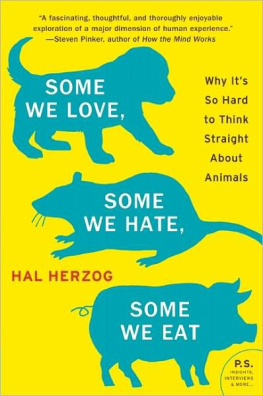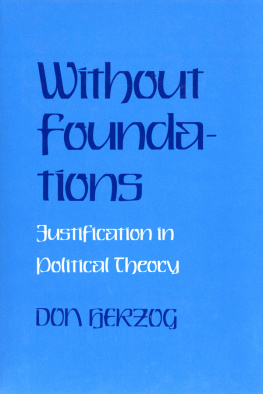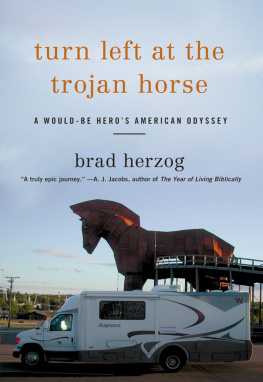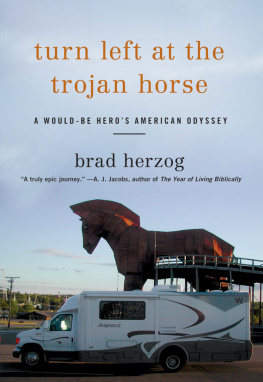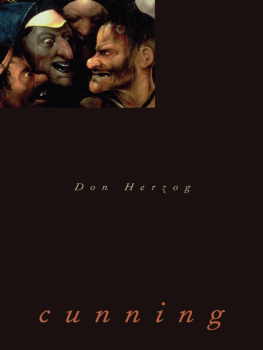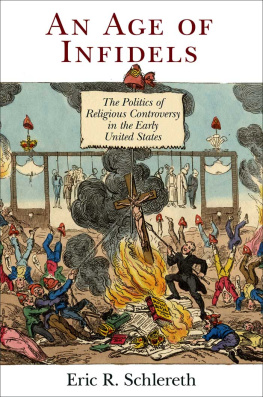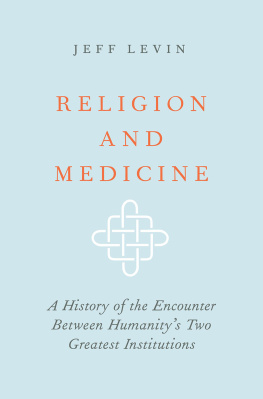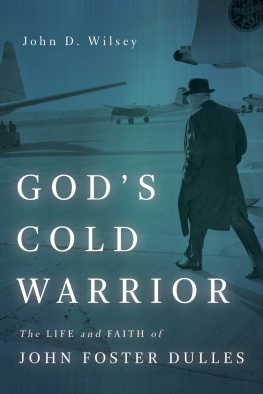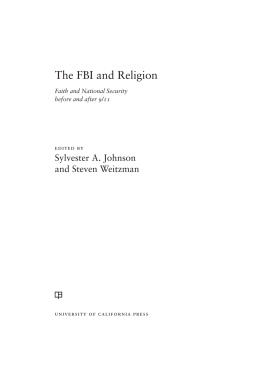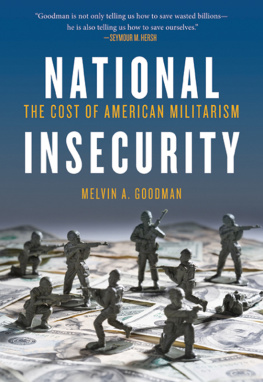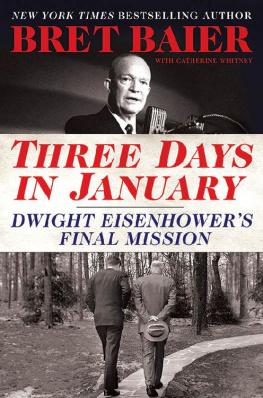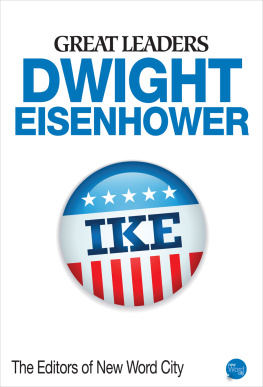The Spiritual-Industrial Complex
The Spiritual-Industrial Complex
Americas Religious Battle against Communism in the Early Cold War
JONATHAN P. HERZOG


Oxford University Press, Inc., publishes works that further
Oxford Universitys objective of excellence
in research, scholarship, and education.
Oxford New York
Auckland Cape Town Dar es Salaam Hong Kong Karachi
Kuala Lumpur Madrid Melbourne Mexico City Nairobi
New Delhi Shanghai Taipei Toronto
With offices in
Argentina Austria Brazil Chile Czech Republic France Greece
Guatemala Hungary Italy Japan Poland Portugal Singapore
South Korea Switzerland Thailand Turkey Ukraine Vietnam
Copyright 2011 by Oxford University Press, Inc.
Published by Oxford University Press, Inc.
198 Madison Avenue, New York, NY 10016
www.oup.com
Oxford is a registered trademark of Oxford University Press
All rights reserved. No part of this publication may be reproduced, stored in a retrieval system, or transmitted, in any form or by any means, electronic, mechanical, photocopying, recording, or otherwise, without the prior permission of Oxford University Press.
Library of Congress Cataloging-in-Publication
Data Herzog, Jonathan P., 1981
The spiritual-industrial complex: Americas religious battle against communism
in the early Cold War / Jonathan P. Herzog.
p. cm.
ISBN 978-0-19-539346-0
1. United StatesForeign relations1945-1989.
2. World politics1945-1989. 3. Cold War.
4. Communism and Christianity. I. Title.
E744.H486 2011
973.921dc22 2010053172
1 3 5 7 9 8 6 4 2
Printed in the United States of America on acid-free paper
For my Grandpa, Arthur N. Jensen (1927-2010)
CONTENTS
PREFACE
If what undergraduates tell me is true, that Stanfords beauty has a way of breaking their concentration, then late winter must be the cruelest time of all. The days grow warm, the orange California poppies multiply, and the brown hillsides give way to an impossible green. The afternoons are a time to hike or simply lounge on the quad. But this was not always an option in the late winter of 2006 for those enrolled in my colloquium on modern American conservatism. They spent Tuesday and Thursday afternoons discussing, among other things, the intellectual inheritance of Edmund Burke, Barry Goldwaters Conscience of a Conservative, and the impact of Californias Proposition 13.
Of all the speeches, books, and tracts we examined that quarter, one modest pamphlet sparked the most unexpected and fruitful debate. Written by a Chinese American conservative in 1960, it was entitled Why a Christian Cannot Be a Communist. The students were accustomed to thinking about Communism as a political or economic system, and to them the argument seemed strange. What I originally thought would be a brief discussion ended up consuming the entire class period. We listed the reasons why Communism might be antithetical to Christianity, eventually producing a catalog far exceeding the authors original argument. And then we began drawing out his logic, searching for its unspoken assumptions. Finally I asked: If a Christian cant be a Communist, can a non-Christian be an American? The group began considering the deeper implications of a Cold War divided along religious lines.
Was this pamphlet an isolated argument? Was it a claim monopolized by the Right, or did it transcend political ideology? Did American leaders act upon this conclusion? While Communism, as weve long known, was atheistic, the pamphlet argued something more. It did not only construe Communism as a philosophy hostile to religion but also as a powerful religious system itself. I resolved to learn more.
This work is the result of that inquiry. I learned that the 1960 pamphlet was but one piece of a worldview, widely accepted and acted upon by American leaders in the early Cold War. I learned that my parents remember asking God to convert Russia as Catholic school children in the 1950s, that my grandmother prayed in 1946 for the release of a Croatian cardinal from an Iron Curtain jail, and that my grandfather signed the religiously inspired Freedom Scroll in 1950. They did these things for two reasons. First, such actions marshaled faith against faith. But more importantly, these deeds displayed their religious convictions and, in turn, their Americanism. They did not act alone. Millions of Americans, from presidents on down, participated in a spiritual crusadenot with bullets or bayonets but with patriotic and religious affirmations.
My curiosity about Cold War constructions of Communism intersects in The Spiritual-Industrial Complex with another interest: the relationship between religion and society. For better or worse, the march of Western civilization has coincided with a general decrease in the role, influence, and authority of religion. This is not to say that religion has become unimportant. People still attend religious services, pray, and profess a belief in higher powers. But in Western, industrialized nations, religious ideas and institutions are no longer as dominant a linchpin of social order as they were in the year 1900, much less the year 1300.
Maybe this decrease in the role and influence of religion, labeled secularization by sociologists, is not as uniform and inexorable as some think. Perhaps there are times and circumstances where even the most modern of Western societies conclude they require the unique contributions of religion. For American society, the early Cold War represented one such instance.
Seventeenth-century salon regular Franois de la Rochefoucauld quipped that gratitude is simply the hope for future favors. Such cynicism often finds a warm place in my kindred heart, and while I hope to continue reaping the benefaction of all involved with this project, acknowledgments as merited and heartfelt as these can bear no guile.
Thanks to David M. Kennedy, the wordsmith and master historian, who possesses an uncanny ability to understand my arguments and recapitulate them with lean clarity and rhetorical splendor. He has given me opportunities, honest criticism, and something even more valuable: his time. David has a quick anecdote for any of the little crises of graduate school existencewords of comforting wisdomand I am much the better for having known him.
Thanks to Jack Rakove, the eternal skeptic, jovial counselor, and first-rate scholar, who always seems to know the difference between my best work and imitation. Thanks to other scholars who have read part or all of this work, including David Brady, David Foglesong, John T. McGreevy, Margaret Pugh OMara, and the anonymous reviewers for Oxford University Press.
Thanks to Stanford University and its history department for not only giving me a free education but also subsidizing my living expenses. Thanks to the librarians and archivists who made my research possible, especially at Stanford Libraries, the Hoover Institution, the Library of Congress, the National Archives, and the Catholic University of America. And special thanks to Herb Pankratz at the Eisenhower Library and Randy Sowell at the Truman Library for their time and guidance.
Thanks to Susan Ferber, executive editor at Oxford University Press, who fielded a multitude of sometimes dazed and deficient questions from me throughout this process. Her wit and unsparing edits made this a much more comprehensible book.
Next page

